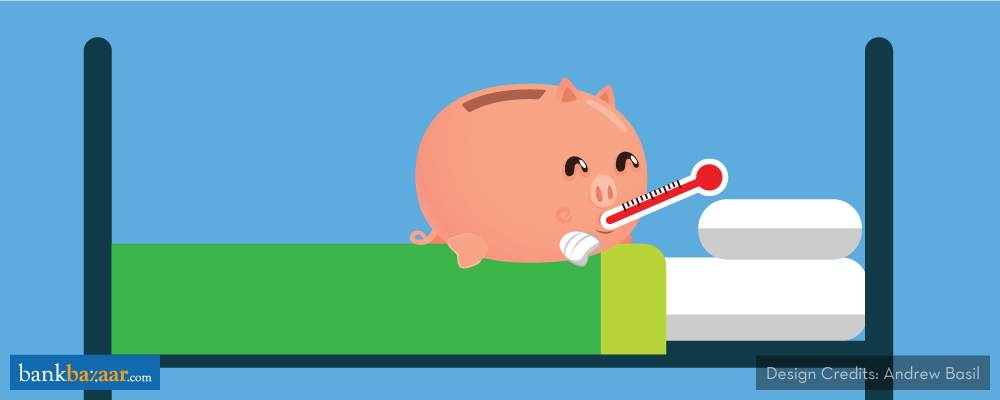
Your Credit Score is the barometer of your financial health. Surprisingly, many people think about their Credit Score only at the time of opting for a loan and are taken aback when a less-than-acceptable Credit Score effectively rules them out for a possible loan.
You should track and be well aware of your Credit Score always. The cognizance of one’s own creditworthiness can act as a motivator to fine-tune one’s day-to-day financial transactions. If you have a weak Credit Score, you want to do this anyway. If you have a strong Credit Score, you want to retain it.
Loan EMI defaults, Credit Card repayment defaults, or acting as a loan guarantor to someone who fails to repay EMIs on time are some well-known reasons for a possible decline in your Credit Score. But there are many more factors that are usually not well known yet impact your Credit Score.
Here is a look at five such factors that can shave a few points off your Credit Score.
Making frequent loan applications
If you make frequent loan applications, you are walking on a high-risk path. Even if you do not opt for a loan, making frequent loan applications means lenders are checking with credit rating agencies about your Credit Score. This projects you as a credit-hungry person.
This mistake is also committed while applying for a loan from multiple lenders. For example, it’s not uncommon for someone seeking a Home Loan to apply with more than one bank. This results in multiple Credit Score inquiries by the banks.
Unless you really have the need for and the intention to take a loan, do not make frequent loan applications. It could hurt your Credit Score and your chances of getting a loan approval.
Making optimum use of the credit limit of your card
Are you using your Credit Card to the maximum each month? While you are free to make the maximum use of your credit limit, a higher use of credit puts you at a greater risk of a possible default. Credit utilization ratio is the ratio of your used credit to available credit limit. Credit reporting agencies, including CIBIL, tend to view negatively a credit utilization ratio that is higher than 30%. For example, if you have a credit limit of Rs. 50,000 and use Rs. 35,000, your utilization ratio touches 70%, which is higher than the stipulated 30%. This would mean your Credit Score is likely to dip.
Having a higher credit limit should not be a reason to use it to the maximum. Try reducing your Credit Card usage slowly each month, which will also improve your overall finance management and help you bring down a possible default risk that can impact your Credit Score.
Not taking a loan
Your credit history reveals your ability to repay credit. But what of situations where there’s no credit history. What will the credit rating agencies judge you by? When your credit history is non-existent, you are unlikely to have a great credit history. To improve this matter, it is advisable to have revolving credit (like through a Credit Card) or a non-revolving credit such as a Home Loan.
Paying only the minimum balance on your Credit Card
If you are paying your minimum due balance for your Credit Card each month, you compound things for yourself. One small default or late payment can put you at risk of a lower Credit Score. Payment of the minimum balance alone is not enough. If your credit utilization ratio is higher than 30%, even payment of the minimum balance due slowly degrades your Credit Score.
Foreclosure of existing loan
Have you taken up any loan that you are finding hard to repay? You may be rightly worried about denting your Credit Score if you ever fail to repay any of your loan EMIs, but do you know that a one-time settlement with the bank can also dent your Credit Score?
It is natural for anyone having a tough time for loan repayments to jump at a one-time loan resolution offered by the bank. The hidden fact is that once you pay off your loan under a one-time settlement scheme, the banks inform CIBIL and other rating agencies about the loan termination.
Basically, in a one-time resolution scheme, banks may have to let go of some possible earnings by writing off some part of the loan to get the balance amount from the lender facing a financial crunch. For this reason, banks consider all loan foreclosures as loan terminations rather than closure.
Since banks report all foreclosures to CIBIL as loan terminations, CIBIL and other rating agencies record the loan as ‘settled’ rather than ‘closed’. This ‘settled’ loan can impact your Credit Score by as many as 75-100 points in the case of CIBIL.
A Credit Score should be tracked regularly and your financial health should be nursed constantly to make sure it stays in the positive zone.